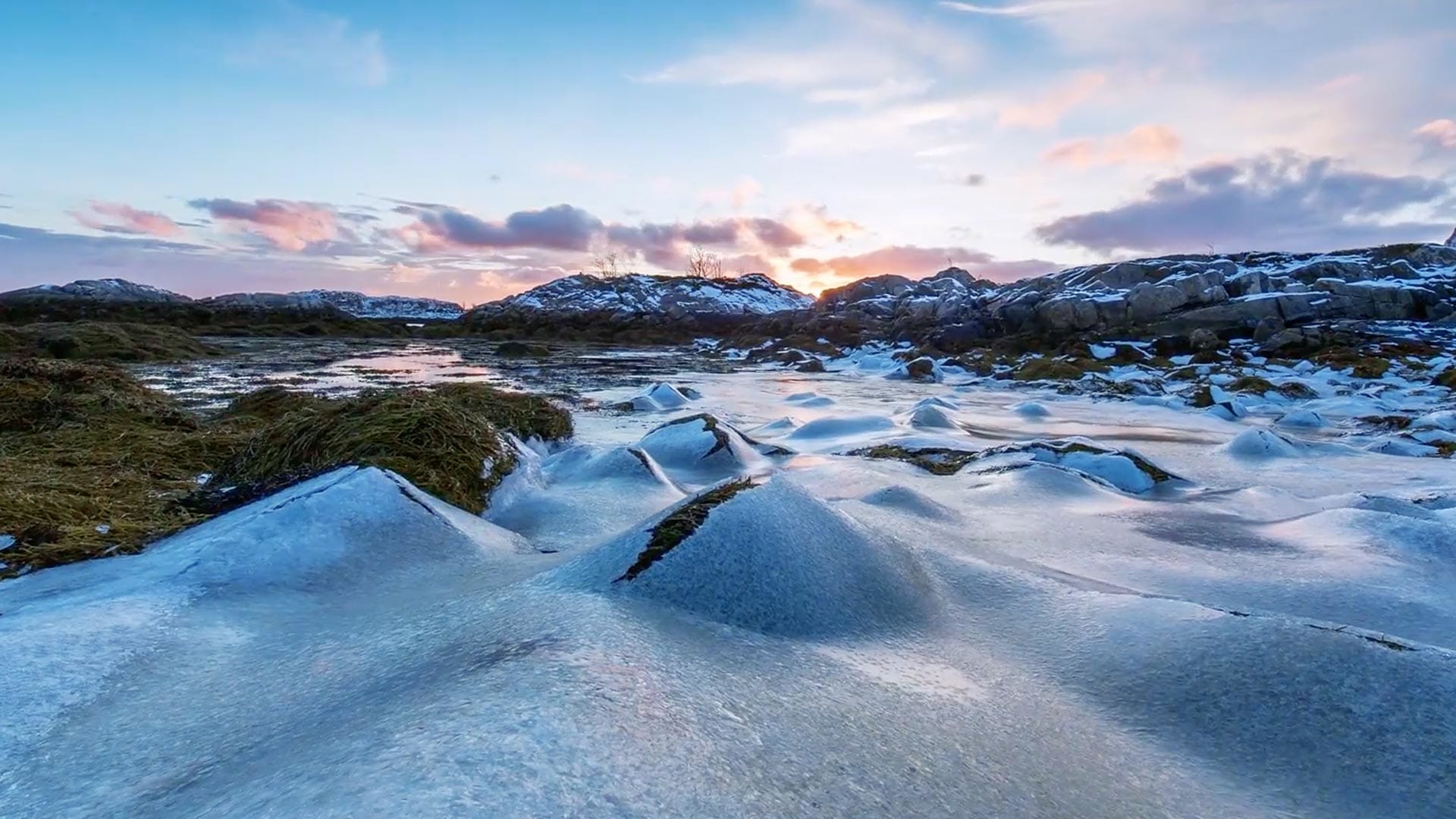The spectre of the climate crisis is what motivated Barry Hershey W64 to launch a short-film series aiming to educate and spur action. Now, those shorts have been combined to create an hour-long documentary titled “Earth Emergency,” which will air nationwide on December 29 on PBS.
Hershey’s initial five-episode project, “Climate Emergency: Feedback Loops,” is available online and presents an accessible breakdown of the planet’s natural warming and cooling patterns, thanks to interviews with world-class climate scientists. These “feedback loops” are a way of describing nature’s own mechanisms and are crucial in understanding our changing climate. Feedback loops can be either positive or negative, amplifying or diminishing the effects of deforestation, thawing permafrost, atmospheric shifts, and melting Arctic ice. With actor Richard Gere’s sombre narration, the series culminates in a call to action, warning of the vital need to acknowledge the role of feedback loops in the global climate crisis.
The new “Earth Emergency” feature film found a global audience at the COP-26 Summit in Glasgow last month, where Prince Charles sponsored a screening as part of his Terra Carta global sustainability initiative. Ahead of the documentary’s U.S. broadcast debut, Hershey traced his path from Wharton to Hollywood and explained why the climate emergency has inspired his latest project.
Wharton Magazine: What path did your career take after leaving Wharton that led you to film?
Barry Hershey: After Penn, I attended the Harvard Law School. Then I spent ten years as an entrepreneur — though I was successful, it was unsatisfying. That led to a return to Harvard for three years as a visiting fellow on the faculty of Arts and Sciences, which entailed taking many classes supportive of developing as a filmmaker, and I fell in love with the creative process. That led me to USC Cinema for an MFA degree. My career in filmmaking has mostly been as a writer/director with a couple of producer gigs along the way.
WM: How did you decide to embark on a project focusing on the climate crisis?
BH: Several years back I became interested in climate feedback loops and the material I found was complex and not easily absorbed by a layperson. I discovered in discussions with friends and colleagues that very few people, even those who were highly educated, had ever heard of climate feedback loops. All this led me to think that it might be worthwhile to create a film that would help spread knowledge about this topic and create a sense of urgency about climate change.
Most of us know that the use of fossil fuels is increasing greenhouse gases in the atmosphere, which is warming the planet. But there is this second factor at play, which is the reaction of the earth to the warming that is going on. The earth is now warming the earth. The importance of this issue led me to reach out to an old friend, Richard Gere, to ask him if he would narrate the films. I then called on my longtime connection with the Dalai Lama, who joined Greta Thunberg for a virtual film launch event in January 2021 to introduce the project to the world. There were over one million viewers.
WM: The films feature some of the first ecologists and scholars to sound the alarm on climate change, such as George Woodwell and Warren Washington. How frustrated are they in knowing their warnings weren’t heeded, and how optimistic are they that it’s not too late to avoid disaster?
BH: Many scientists are quite frustrated by humankind not responding with urgency to what science has learned about climate change. They know the facts, and they have been public in their warnings, and their understanding has become ever more sophisticated and precise over the decades, and yet humanity continues to pour increasing amounts of greenhouse gases into the atmosphere.
In terms of the degree of their optimism or pessimism about whether it is too late, I would not know enough to comment. A number of scientists have indicated that they are increasingly pessimistic while still holding onto hope. We have greater understanding, know what to do, and the costs of solar power and wind energy continue to decline dramatically. Those factors are a source of hope. That said, a number of scientists have told us that what keeps them up at night is the threat of the climate feedback loops.
WM: The series warns of the dangers of “business as usual.” How can leaders in the corporate world play their part in addressing climate change?
BH: The first thing corporate leaders can do is to set aside time, if they have not already done so, to dig deeply into what science has learned about climate change, including the feedback loops. Hopefully, motivated by knowledge, they can shape corporate policy to reduce fuel emissions to protect the environment. There are more than 100 articulated steps that can be taken to help. For example, it is notable that 30 percent of humankind’s emissions of carbon dioxide have been absorbed by the forests; we would have been in much worse shape but for this gift from nature. Adopting policies to protect existing forests is essential. Finally, the corporate world has great influence in the political realm. Business leaders can utilize their connections to encourage government to adopt environmentally protective policies.
WM: What motivated you to provide educational curricula accompanying the film series?
BH: The original goal was to spread knowledge about this extremely important and little understood issue, so it was natural for us to develop discussion guides for interested citizens and educational curriculum for students. It has been gratifying to see these films being utilized in high school and universities around the world. The five short films are subtitled in 23 languages and are offered for free on the internet to anyone anywhere who is interested.


























